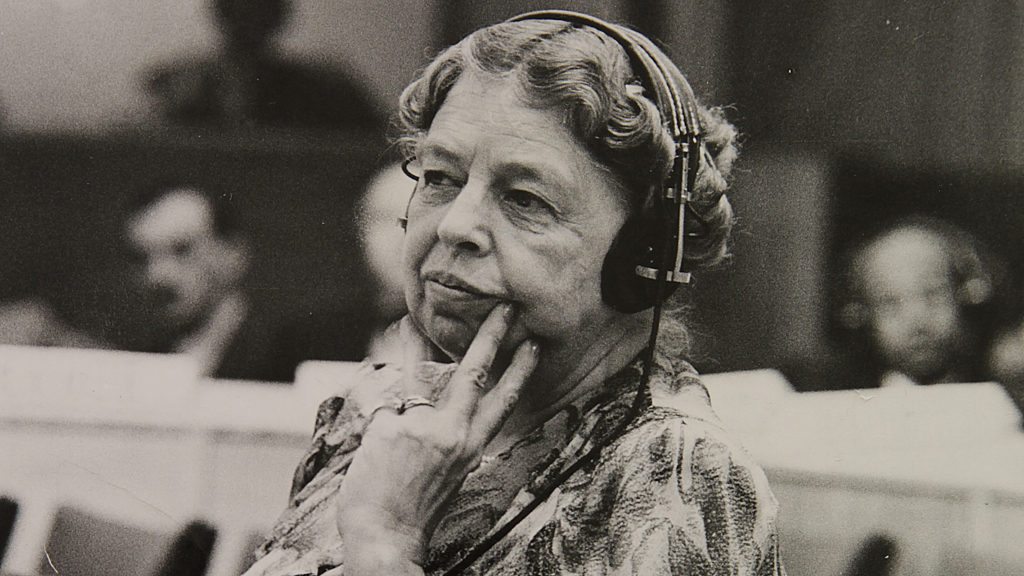Rosa Parks: The Courageous Catalyst of the Civil Rights Movement
In the tapestry of the American civil rights movement, the name Rosa Parks stands as an emblem of courage, defiance, and unwavering commitment to justice. Often referred to as the "Mother of the Civil Rights Movement," Parks played a pivotal role in the Montgomery Bus Boycott, a watershed moment that reverberated through history. In this exploration, we delve into the life of Rosa Parks, examining her courage, resilience, and the indelible mark she left on the fight for equality.
Early Life and Activism
Rosa Louise McCauley Parks was born on February 4, 1913, in Tuskegee, Alabama. Her early years were marked by racial segregation, economic hardships, and the stark inequalities of the Jim Crow era. Despite facing systemic racism, Parks was raised with a sense of self-respect and a commitment to standing up against injustice.
Her activism began early in life, shaped by her grandfather's stories of resisting slavery and her mother's influence as a supporter of Marcus Garvey's Universal Negro Improvement Association. Parks attended the Montgomery Industrial School for Girls, a private institution founded by African American women, where she developed a keen sense of justice and community.
The Montgomery Bus Boycott
The defining moment in Rosa Parks's life and the catalyst for the Montgomery Bus Boycott occurred on December 1, 1955. Parks, a seamstress on her way home from work, boarded a Montgomery city bus. In adherence to the discriminatory Jim Crow laws, African Americans were required to give up their seats to white passengers if the white section was full. On this fateful day, Rosa Parks refused to yield her seat to a white man.
Her arrest for this act of civil disobedience ignited a spark that would set Montgomery, Alabama, and the entire nation ablaze with the fervor of the civil rights movement. The Women's Political Council, led by Jo Ann Robinson, seized upon Parks's arrest to mobilize the African American community. The call for a bus boycott spread rapidly, and the Montgomery Improvement Association (MIA) emerged, led by a young minister named Martin Luther King Jr.
Leadership of the Montgomery Improvement Association
The Montgomery Bus Boycott, which lasted from December 1955 to December 1956, marked a watershed moment in the struggle for civil rights. At the helm of the Montgomery Improvement Association, Rosa Parks, Martin Luther King Jr., and other leaders orchestrated a peaceful protest against the racial segregation on city buses. The African American community demonstrated remarkable unity and resolve, organizing carpools, walking long distances, and enduring significant hardships to avoid riding the buses.
The boycott's success ultimately led to a Supreme Court ruling in 1956 that declared segregated seating on buses unconstitutional. This victory not only dismantled the Jim Crow laws on public transportation but also served as a potent catalyst for the broader civil rights movement.
Rosa Parks's Resilience in the Face of Adversity
The courage displayed by Rosa Parks went beyond her singular act of defiance on that Montgomery bus. Following her arrest, Parks faced intense backlash, including harassment, threats, and economic hardships. She lost her job as a seamstress, and both she and her husband, Raymond Parks, experienced difficulties finding employment due to their involvement in civil rights activism.
Undeterred by the challenges, Rosa Parks continued to be a prominent figure in the civil rights movement. She and her husband relocated to Detroit, Michigan, where she worked for Congressman John Conyers and continued her activism. Parks co-founded the Rosa and Raymond Parks Institute for Self Development, an organization dedicated to inspiring young people to reach their full potential and promoting civil rights and social justice.
Rosa Parks's Legacy and Iconic Status
Rosa Parks's pivotal role in the Montgomery Bus Boycott secured her a place in history, and her contributions to the civil rights movement continued throughout her life. She became an iconic symbol of resistance and courage, revered not only in the United States but around the world. Parks's dignified demeanor and steadfast commitment to justice inspired countless individuals to join the fight against racial inequality.
In 1999, Rosa Parks was awarded the Congressional Gold Medal, the highest civilian honor in the United States. Her legacy lives on in the collective memory of a nation that acknowledges the debt owed to those who dared to challenge injustice.
Conclusion
Rosa Parks's life story is a testament to the power of individual action in the face of systemic injustice. Her refusal to give up her seat on that Montgomery bus sparked a movement that reverberated far beyond the city limits, challenging the status quo and paving the way for profound societal change. Rosa Parks's courage and resilience continue to inspire generations, reminding us that the fight for justice and equality is a collective endeavor that requires unwavering commitment and an unyielding belief in the possibility of change.ali akber
As we reflect on the life of Rosa Parks, we recognize her as more than an icon; she was a trailblazer who, with a simple act of defiance, left an indelible mark on the struggle for civil rights. Her legacy challenges us to examine our own capacity for courage, resilience, and commitment to justice in the ongoing pursuit of equality for all. Rosa Parks's name will forever be synonymous with the enduring spirit of the civil rights movement, and her story serves as a beacon of hope in the ongoing journey toward a more just and equitable society for more

No comments